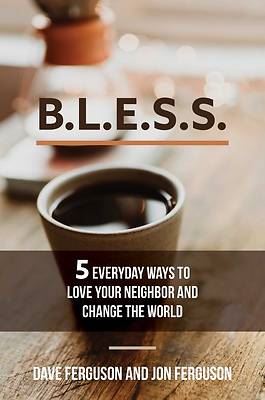Malachi Bible StudyA Vase shatters, brushed by a careless elbow; a toy breaks, handled roughly by young fingers; fabric rips, pulled by strong and angry hands. Spills and rips take time to clean up, effort to repair, and money to replace, but far more costly are shattered relationships. Unfaithfulness, untruths, hateful words, and forsaken vows tear delicate personal bonds and inflict wounds not easily healed. Most tragic, however, is a broken relationship with God. God loves perfectly and completely. And his love is a love of action—giving, guiding, and guarding. He is altogether faithful, true to his promises to his chosen people. But consistently they spurn their loving God, breaking the covenant, following other gods, and living for themselves. So their relationship with him is shattered. But the breach is not irreparable; all hope is not lost. God can heal and mend and reweave the fabric. Forgiveness is available. And that is grace. This is the message of Malachi, God’s prophet in Jerusalem. His words reminded the Jews, God’s chosen nation, of their willful disobedience, beginning with the priests (1:1–2:9) and then including every person (2:10–3:15). They had shown contempt for God’s name (1:6), offered defiled sacrifices (1:7–14), led others into sin (2:7–9), broken God’s laws (2:11–16), called evil “good” (2:17), kept God’s tithes and offerings for themselves (3:8, 9), and become arrogant (3:13–15). The relationship was broken, and judgment and punishment would be theirs. In the midst of this wickedness, however, a faithful few—the remnant—still loved and honored God. God would shower his blessings upon these men and women (3:16–18). Malachi paints a stunning picture of Israel’s unfaithfulness that clearly shows the people to be worthy of punishment, but woven throughout this message is hope—the possibility of forgiveness. This is beautifully expressed in 4:2—“But for you who fear my name, the Sun of Righteousness will rise with healing in his wings. And you will go free, leaping with joy like calves let out to pasture.” Malachi concludes with a promise of the coming of “the prophet Elijah,” who will offer God’s forgiveness to all people through repentance and faith (4:5, 6). The book of Malachi forms a bridge between the Old Testament and the New Testament. As you read Malachi, see yourself as the recipient of this word of God to his people. Evaluate the depth of your commitment, the sincerity of your worship, and the direction of your life. Then allow God to restore your relationship with him through his love and forgiveness. Life Application Bible Notes (Tyndale, 2007), 1518. | If you are wanting to do a particular passage or book study and can't find it, feel free to email me at josh@joshhunt.com21 Laws of Discipleship -- the book -- |


















